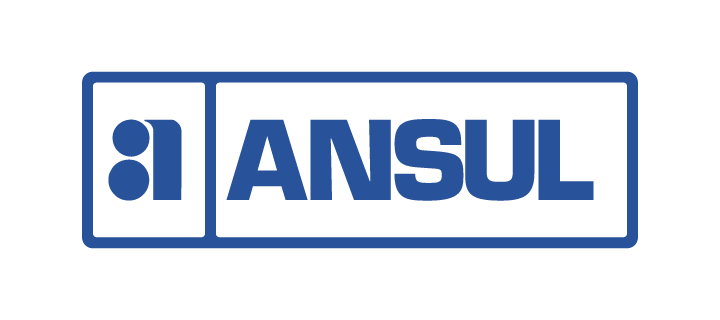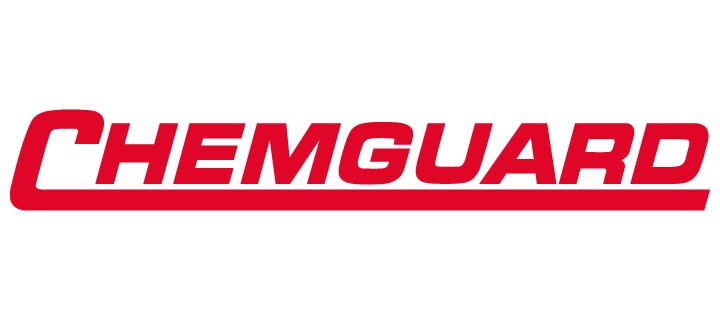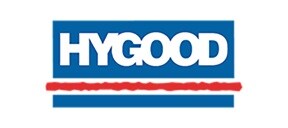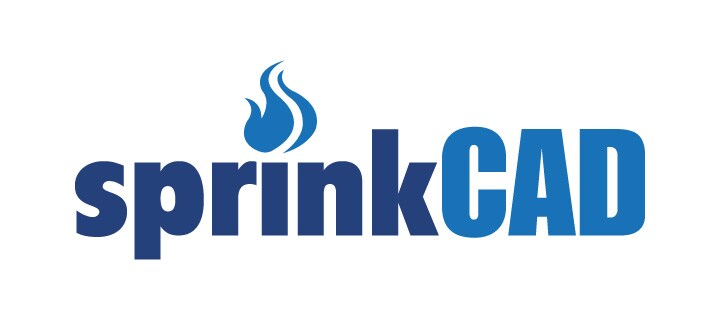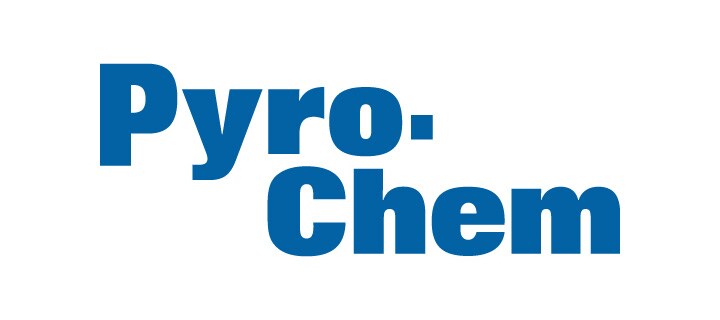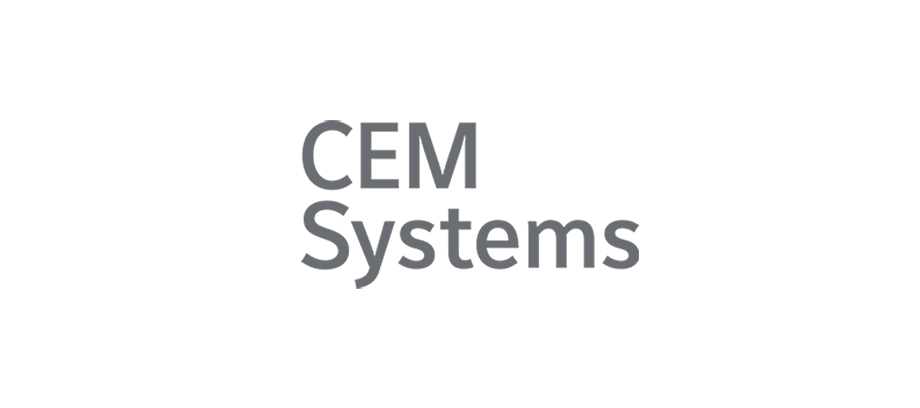- Johnson Controls
- Media Center
- Net Zero Coalition Expands Membership to 10 Companies
Net Zero Coalition Expands Membership to 10 Companies, Unveils American Innovation Showcase at U.S. Center at COP28
Members of CCITNZ are leaders in their industries and are making significant contributions towards the coalition’s objectives of advancing innovation and technology; private, public and social sector partnerships; energy security; policy; and serving as a resource to governments and other stakeholders as they seek to achieve their decarbonization and climate change goals.

- New members Baker Hughes, Boeing, Carrier and United Airlines join the Corporate Coalition for Innovation & Technology toward Net Zero (CCITNZ) to help countries meet their decarbonization and climate change goals.
- The U.S. Center at COP28 will feature an exhibit titled “U.S. Innovation: Pathways toward Net Zero” from CCITNZ members and partners.
Dubai, United Arab Emirates, Nov. 28, 2023 –The Corporate Coalition for Innovation & Technology toward Net Zero (CCITNZ), a cross-sector business alliance dedicated to helping countries meet decarbonization and climate change goals through innovation and technology, is proud to welcome the addition of four new members: Baker Hughes, Boeing, Carrier and United. Announced last year at COP27, these companies join founding members Bechtel, GE, GM, Invenergy, Honeywell and Johnson Controls.
Baker Hughes
"The need for transformative partnerships in addressing climate action has never been more urgent,” said Lorenzo Simonelli, Baker Hughes Chairman & CEO. “Increasing global energy needs must be met while simultaneously reducing emissions urgently. At Baker Hughes, our business is built on partnerships and service. Today, we know this matters more than ever as we work to balance the energy trilemma of security, sustainability, and affordability. We believe it will take energy producers, technology and service providers, energy purchasers, policymakers, and the community at large to work closely together to tackle the urgency and scale required to achieve a lower-emissions future."
Boeing
“Boeing is committed to working together across industries to provide safe, innovative, data-driven solutions to decarbonize aviation,” said Chris Raymond, Boeing Chief Sustainability Officer. “We’re honored to join this Coalition so we can learn from one another and implement break-through technologies that will ultimately support our stakeholders’ ambitious climate goals.”
Carrier
“Sustainability is at Carrier’s core, and we continue to introduce industry-leading products that help our customers achieve their sustainability targets while decarbonizing the planet for generations to come,” said David Gitlin, Carrier Chairman & CEO. “We are honored to be a part of this Coalition of industry leaders who share the same vision and commitment as Carrier in helping to solve some of the world’s most complex climate challenges. Looking ahead, Carrier will continue to be a catalyst for positive and sustainable change as we innovate and drive toward the critical transition to renewable energy.”
United
“United is taking bold action to combat climate change, and technology and innovation are at the core of our company’s strategy to achieve net-zero emissions by 2050,” said Lauren Riley, United Chief Sustainability Officer. “Decarbonizing airplanes presents a unique set of challenges. That’s why we’re using every tool available – from investing in sustainable aviation fuels, to electric and hydrogen powered aircrafts, to cutting-edge battery technology. This multi-pronged approach allows the airline to make bets on climate tech that will be ready in the coming decades, while also identifying technology that can more immediately help reduce our carbon footprint.”
The U.S. Center at COP28 will feature an exhibit titled “U.S. Innovation: Pathways toward Net Zero” from CCITNZ members and partners. The interactive multimedia exhibit will demonstrate how American innovation, the Inflation Reduction Act, and other U.S. and global policies are contributing toward global climate goals. The digital experience will showcase breakthrough technologies and groundbreaking projects. CCITNZ members and partners also spotlight how public-private partnerships can encourage the development of innovative solutions across the energy, transportation, infrastructure, agricultural and other sectors to promote long-term sustainable progress.
Members of CCITNZ are leaders in their industries and are making significant contributions towards the coalition’s objectives of advancing innovation and technology; private, public and social sector partnerships; energy security; policy; and serving as a resource to governments and other stakeholders as they seek to achieve their decarbonization and climate change goals.
In the past year, members continued to advance new projects and technologies, including:
- Baker Hughes: In 2019, Baker Hughes became one of the first companies in our industry to make a public commitment to reduce our operational emissions by 50% by 2030 and achieve net-zero by 2050. As an energy technology company, Baker Hughes is committed to taking energy forward, making it safer, cleaner, and more efficient for people and the planet; we believe that our energy technology helps industry advance on the path to net-zero and a sustainable energy future. During COP28, Baker Hughes will be showcasing at its pavilion in the Energy Transition Hub, its climate technology solutions including those related to hydrogen, carbon capture, utilization, and storage, geothermal, emissions abatement and digital. The pavilion will feature a live demo of NovaLT™16, the company’s 100% ready hydrogen turbine, and Nemesys’ (an Italian startup where Baker Hughes is a 30% stakeholder since February 2022) next-generation electrolyzer technology.
- Bechtel: Bechtel is heading a coalition that is partnering with the Egyptian government and the private sector on several projects to decarbonize existing oil and gas facilities across the country. At the Egyptian LNG export terminal, we are studying zero-flaring technologies to reduce methane emissions. We are also studying options to improve efficiency and cut emissions and fuel use at the Idku Energy Hub by replacing two standalone electric systems with one that can power both the LNG terminal and an onshore gas processing plant. Most recently, Shell engaged us to develop decarbonization options to cut emissions from West Delta Deep Marine Gas Plant in half by 2030 and between 60-80% by 2040.
- Boeing: Boeing supports our industry’s bold climate commitments so we can achieve a more sustainable aerospace future together. At the U.S. Center at COP28, Boeing will highlight its publicly available emissions modeling tool, the Cascade Climate Impact Model that helps assess aviation’s pathways for decarbonization; 10 years of its flight-test program ecoDemonstrator as well as its newly launched Explorers that test individual technologies with partners; the X-66 that has been designated by the U.S. Air Force as part of NASA’s Sustainable Flight Demonstrator (SFD) project helping the U.S. achieve its goal of net-zero aviation GHG emissions; SAF scaling efforts across six continents as well as the development of Jet Reference Fluids and collaboration with suppliers to reach its commitment to deliver commercial airplanes compatible with 100% SAF by 2030. Working with aviation, energy, policy and finance sectors to advance a more sustainable aerospace future together, Boeing will also underscore its World Energy Council membership, being the first aerospace company to join the organization.
- Carrier: Carrier is accelerating the shift toward electrification, more connected technologies and environmentally responsible refrigerants – helping customers reduce their carbon footprint and meet their sustainability goals by improving energy efficiency in buildings, homes and across the cold chain. At the U.S. Center at COP28, Carrier will highlight its Abound suite of solutions, which currently monitors more than 1 billion square feet of commercial space, aggregating data to provide building owners, operators and occupants transparency into relevant and contextual insights about air quality, occupancy, energy management and more. Carrier’s work to expand the cold chain – improving health outcomes and reducing hunger, food insecurity and carbon emissions – will also be on display through its partnership with the United Nations World Food Programme. Since 2020, Carrier has helped customers avoid ~270M metric tons of greenhouse gas emissions, which is equal to the annual energy use of more than 27 million U.S. homes.
- GE: GE is committed to a transformative era of action and is delivering state-of-the-art technology to help reduce emissions today while simultaneously investing in breakthrough technologies for a lower carbon future. At the U.S. Center at COP28, GE Vernova will showcase how the company is electrifying and decarbonizing the world by accelerating renewables through its newest 3.4 MW onshore wind turbine, decarbonizing gas turbines with hydrogen and carbon capture, developing advanced nuclear technologies like the BWRX-300 small modular reactor, and modernizing and digitizing the grid. GE Aerospace will highlight how the company is inventing the future of flight by delivering greater fuel efficiency than the previous generation with the GE9X jet engine, supporting the industry’s move towards approval and adoption of 100 percent sustainable aviation fuel (SAF), and developing a hybrid electric propulsion system.
- GM: GM’s journey to a more sustainable, electric future has never been more important than it is today. GM understands that climate change is an urgent priority, and is advancing toward its bold goal to become carbon neutral in its global products and operations by 2040. GM has also secured 100 percent of the renewable energy needed to power its U.S. sites and facilities by 2025 and is working to do so globally by 2035. At the U.S. Center at COP28, GM will be showcasing its progress towards a zero emissions future, underscored by innovation and collaboration. This feature will highlight an exciting electric vehicle line up, an investment made in offshore wind catching technology through Wind Catching Systems, efforts to strengthen charging infrastructure and the commitments made by GM to First Movers Coalition to procure low carbon sheet steel and aluminum by 2030.
- Honeywell: Honeywell’s technology portfolio is aligned with three global megatrends – Energy Transition, Automation and the Future of Aviation. At COP28 Honeywell is engaging government and industry stakeholders on these themes, and the cross-sector collaboration and technologies needed to help decarbonize hard-to-abate industries and aerospace. In 2023 Honeywell announced its eFining technology, which uses captured CO2 to open new feedstock pathways for Sustainable Aviation Fuel, as well as Honeywell Ionic, a compact, end-to-end modular battery energy storage system. Honeywell is pioneering sustainable travel by making its widely adopted aircraft auxiliary power units (131-9 APUs) more efficient and building hydrogen fuel cells to power uncrewed aerial vehicles. Additionally, Honeywell’s electric propulsion system will be a critical enabler of the emerging Advanced Air Mobility industry. The company is also deploying innovative emissions and energy management automation technologies for buildings and industry and advancing proven carbon capture and hydrogen solutions to help drive a sustainable energy transition.
- Invenergy: Invenergy is accelerating the transition to clean energy. As a leading clean energy developer, operator and owner, Invenergy spearheads significant global infrastructure projects to achieve a clean, reliable and secure electric grid. An inaugural member of the First Movers Coalition committed to progress on green steel, Invenergy recently joined Rocky Mountain Institute’s Sustainable Steel Buyers Platform, which aggregates the demand of North American companies for low-emissions steel to enable joint purchasing and collective impact. At the U.S. Center CCITNZ exhibition at COP28, Invenergy will showcase its portfolio of transmission projects, spotlighting those in New York state and Uruguay, which will connect renewable power to areas of high energy demand. Invenergy will also highlight its solar, wind and advanced energy storage projects in Mexico and the United States which deliver reliable, clean energy and economic benefits to its local communities.
- Johnson Controls: Johnson Controls is tackling the nearly 40% of global greenhouse gas emissions that come from buildings by deploying energy-efficient equipment, clean electrification and digitalization. At the U.S. Center at COP28, we are showcasing OpenBlue, a complete ecosystem of connected technologies, expertise and services that saves money and creates a new class of smart buildings that are secure, healthy and sustainable. We’re also focused on driving customer outcomes, particularly for our OpenBlue Pioneers, customers that have substantially decreased energy use and emissions in their own buildings. We’re highlighting our investments to lower emissions and waste in our own facilities and the positive impact we’re having to build and develop the future sustainable workforce through programs like our Community College Partnership Program.
- United: At United, we believe the airline industry needs to be bolder when it comes to climate change. That’s why we were the first airline to commit to net-zero carbon emissions by 2050, without relying on carbon offsets. Our strategy is centered around four key pathways: reducing our environmental footprint with investments in Sustainable Aviation Fuel (SAF), innovating for potentially transformative carbon reduction technology, removing carbon emissions in the atmosphere, and collaborating with employees, customers, airports, suppliers, cross-industry partners, and policymakers to facilitate faster action and the commercialization of technology solutions concerning climate change. Through our two corporate venture funds, United became the first airline to invest in electric flying taxis, the first to invest in electric airplanes, the first to invest in hydrogen-powered engines, and has invested in more sustainable fuel production than any other airline – more than 5 billion gallons.
# # #
For media inquiries, please contact:
Danielle Canzanella
Johnson Controls
Danielle.Canzanella@jci.com
















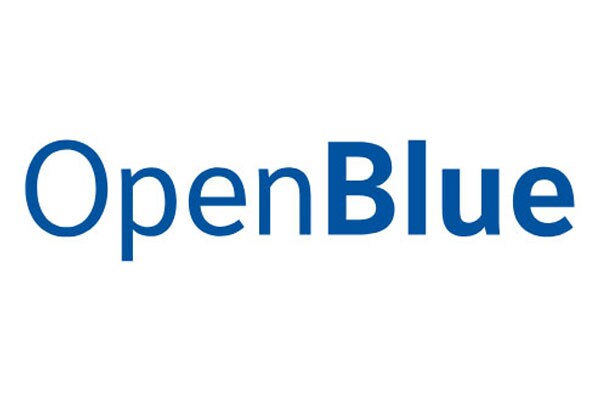








.png?la=en&h=70&w=157&hash=717A494A27ED61C45CEF95AC3A9C6309)
